🏉 Faster Reactions in Contact and Open Play
Whether evading a tackle or contesting a ruck, NeuroTracker boosts real-time decision speed and reaction time.
✅ Example: A double-blind crossover study showed that NeuroTracker improves passing decision-making by up to 15%, while decreases passing errors by 40%.





















































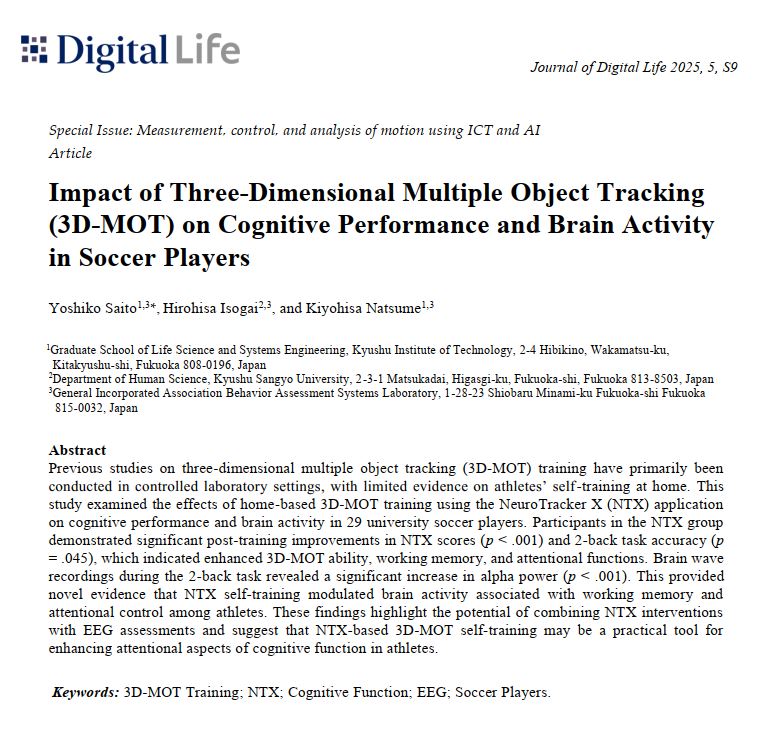
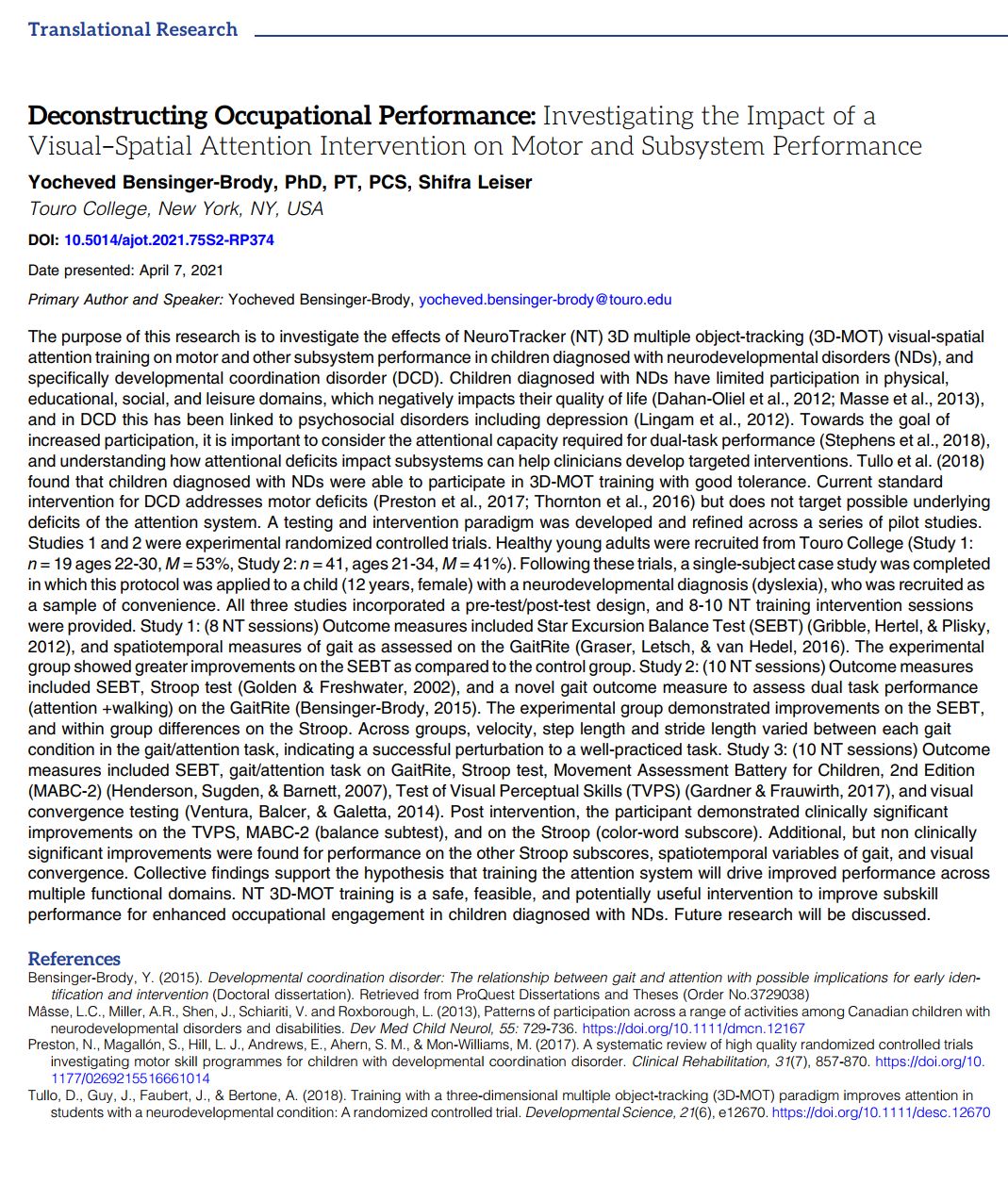
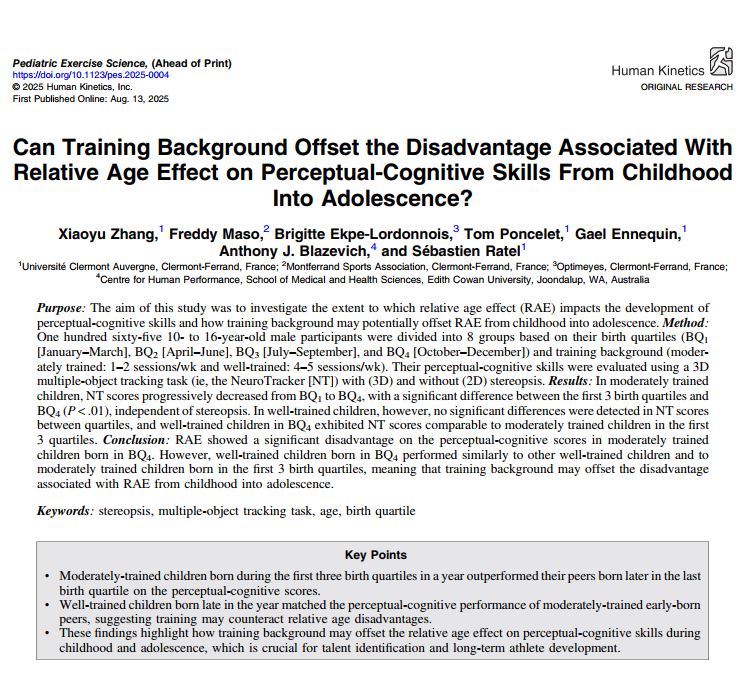
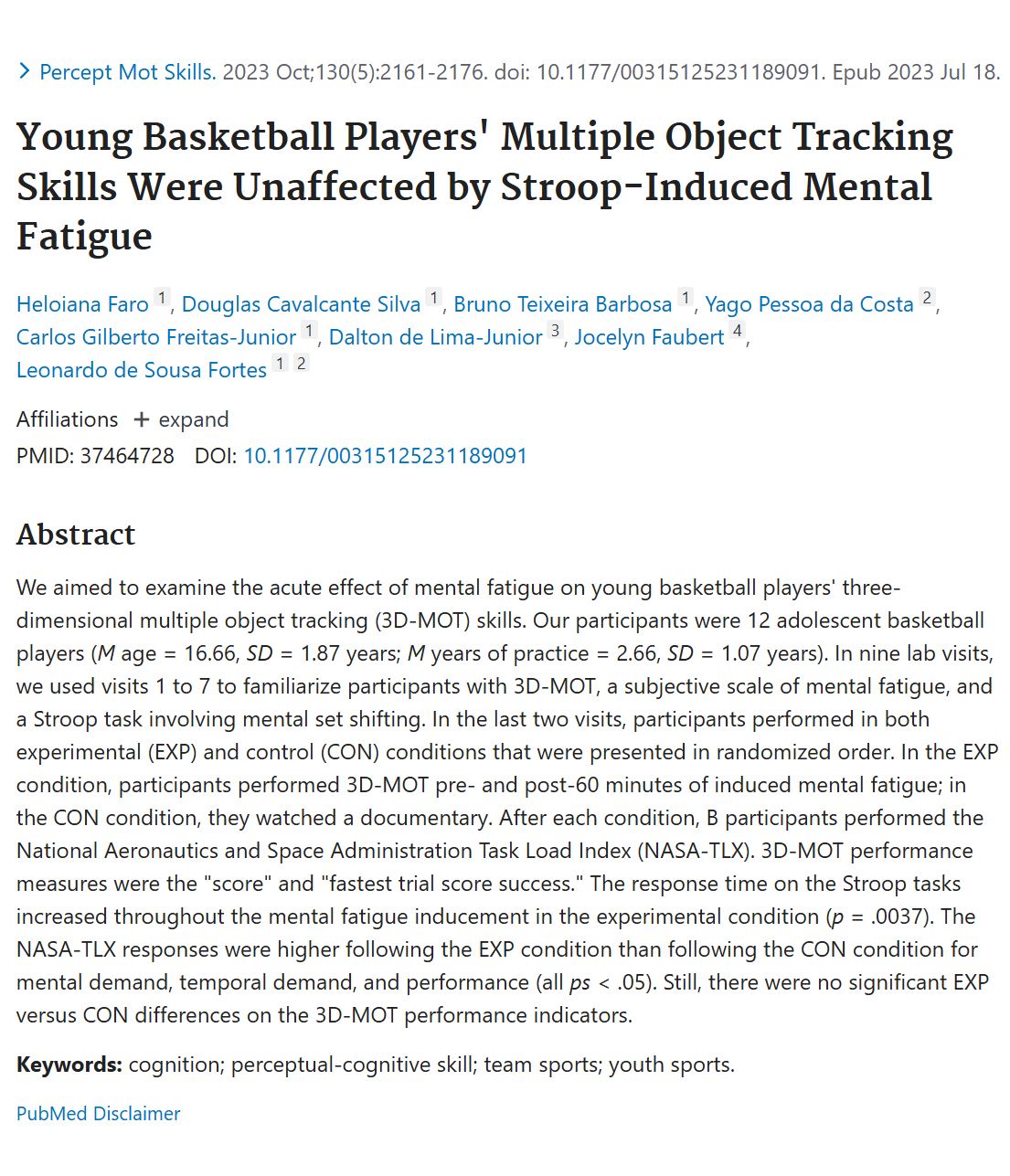
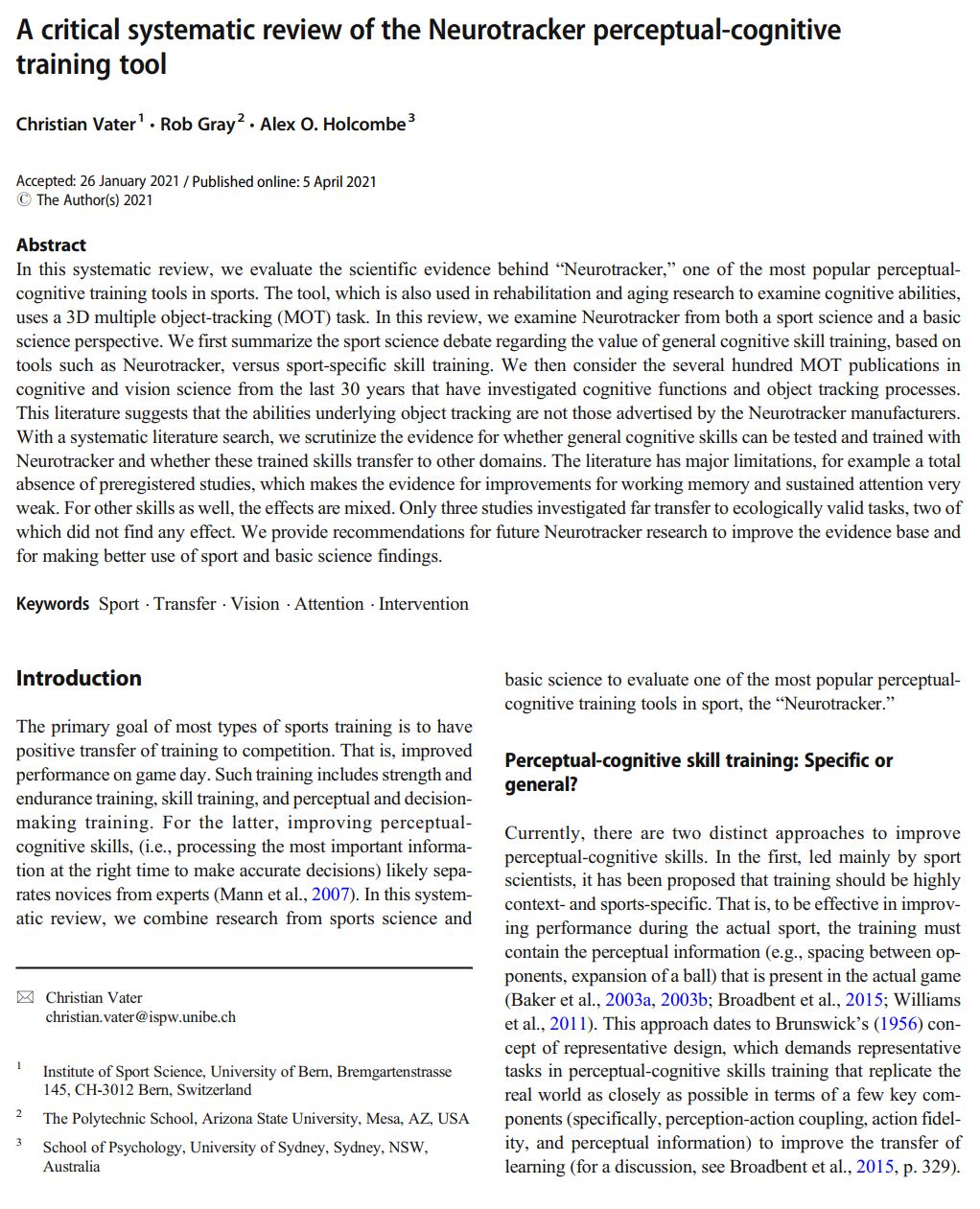
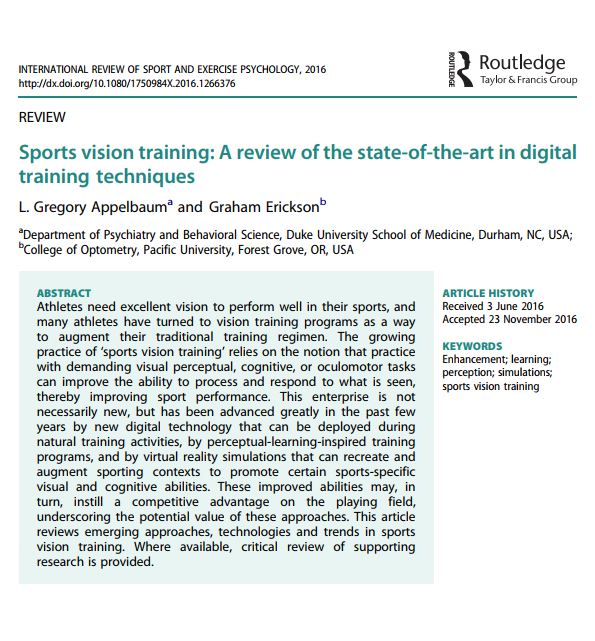
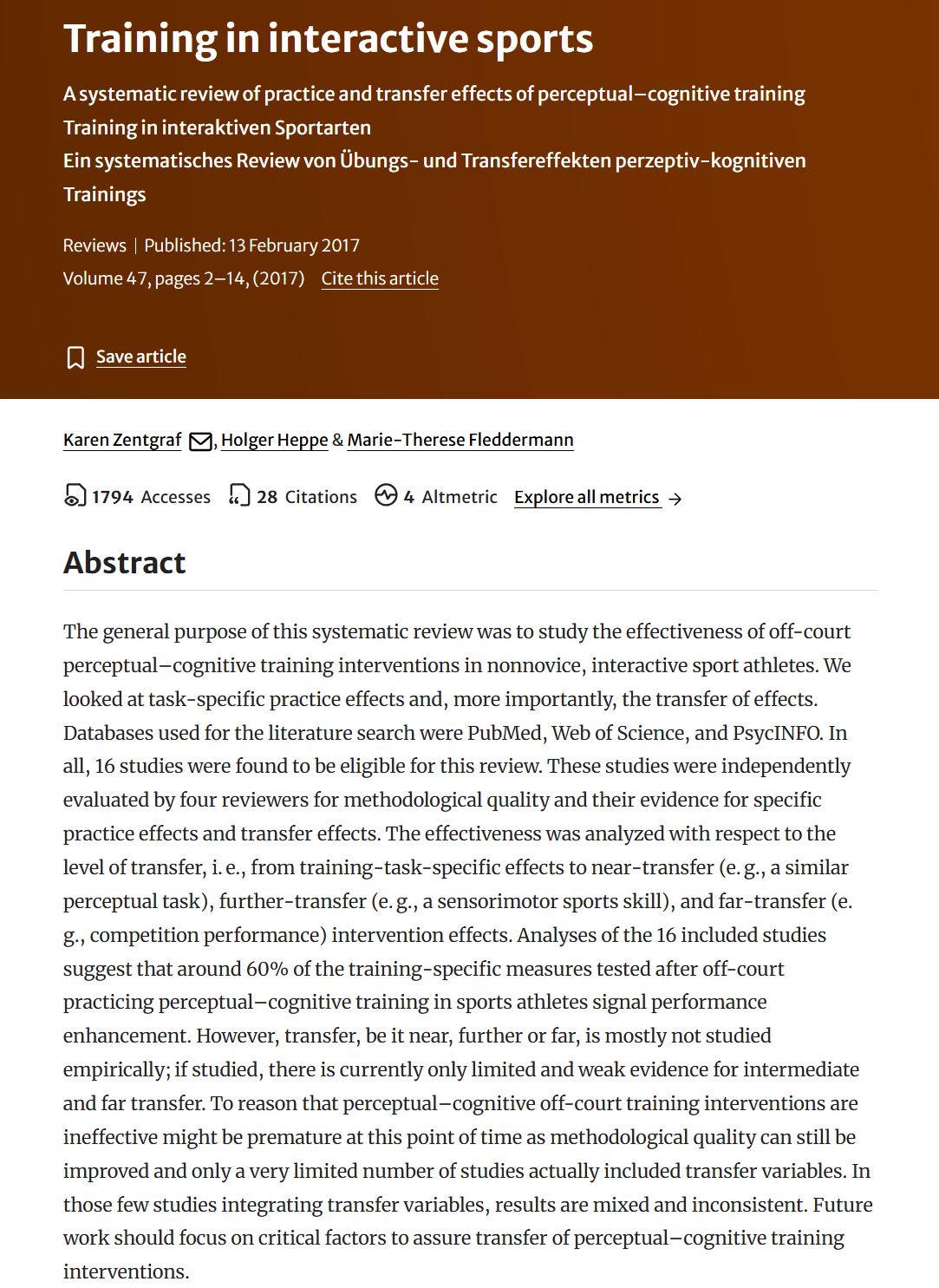
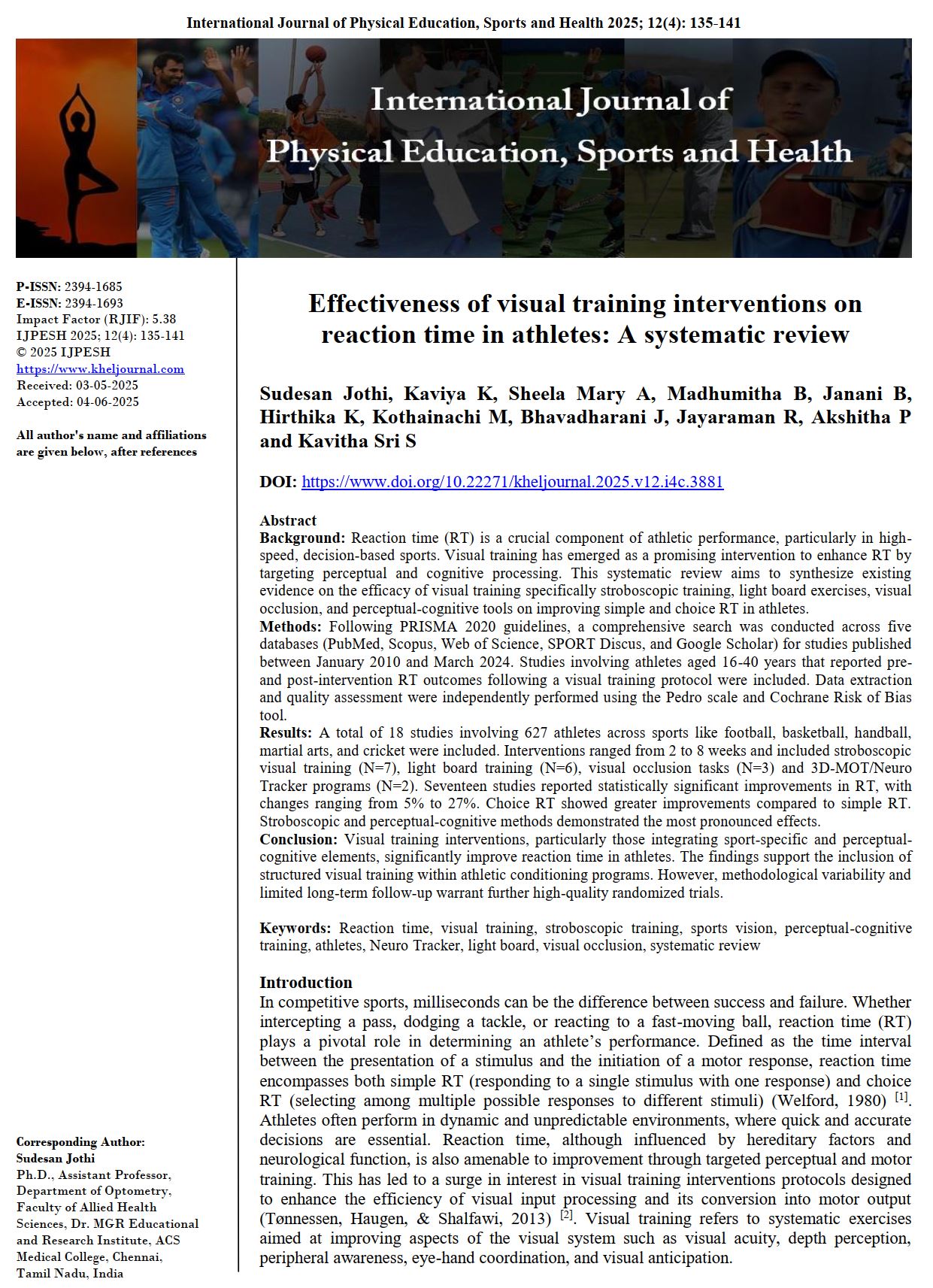
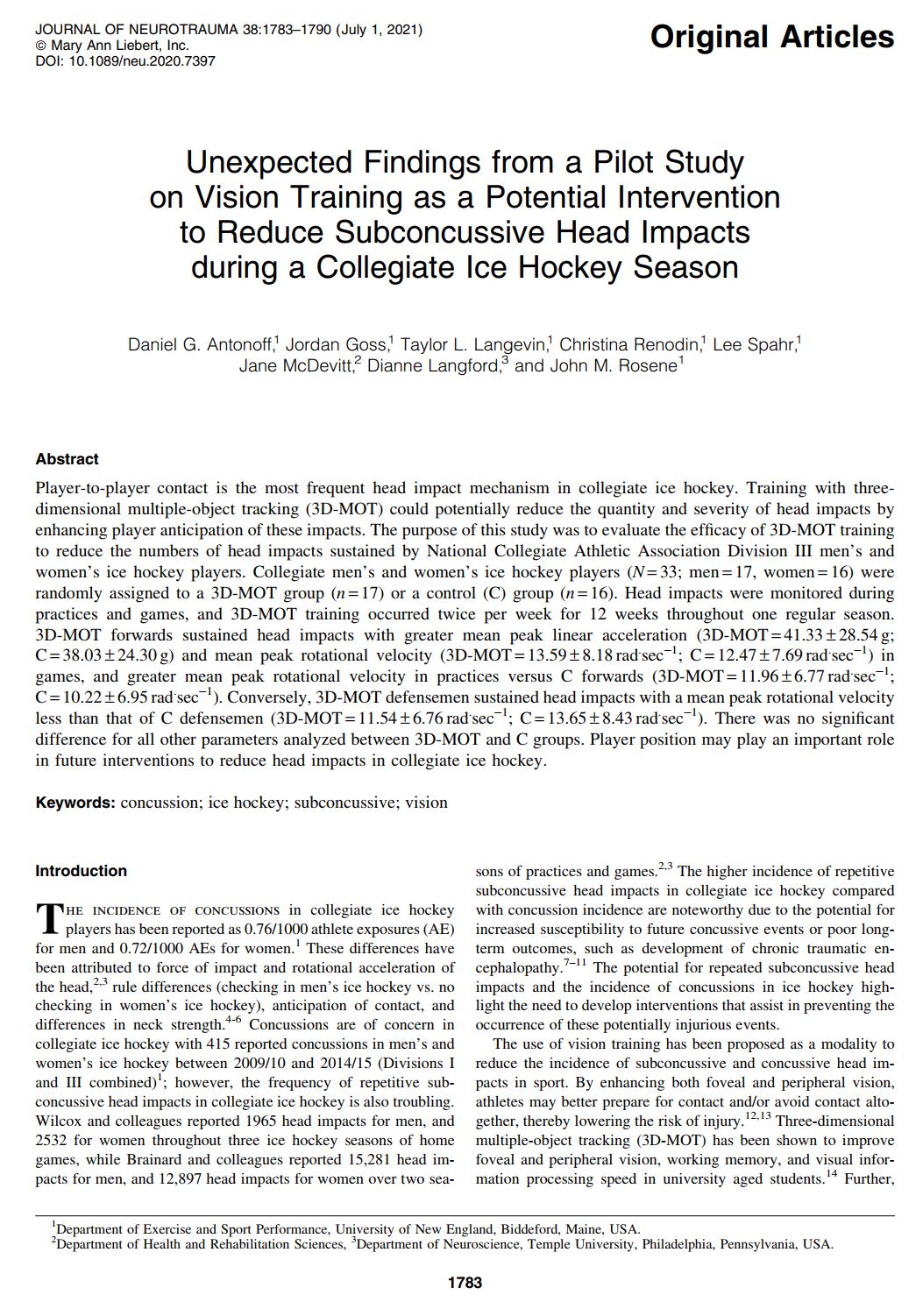





















.png)